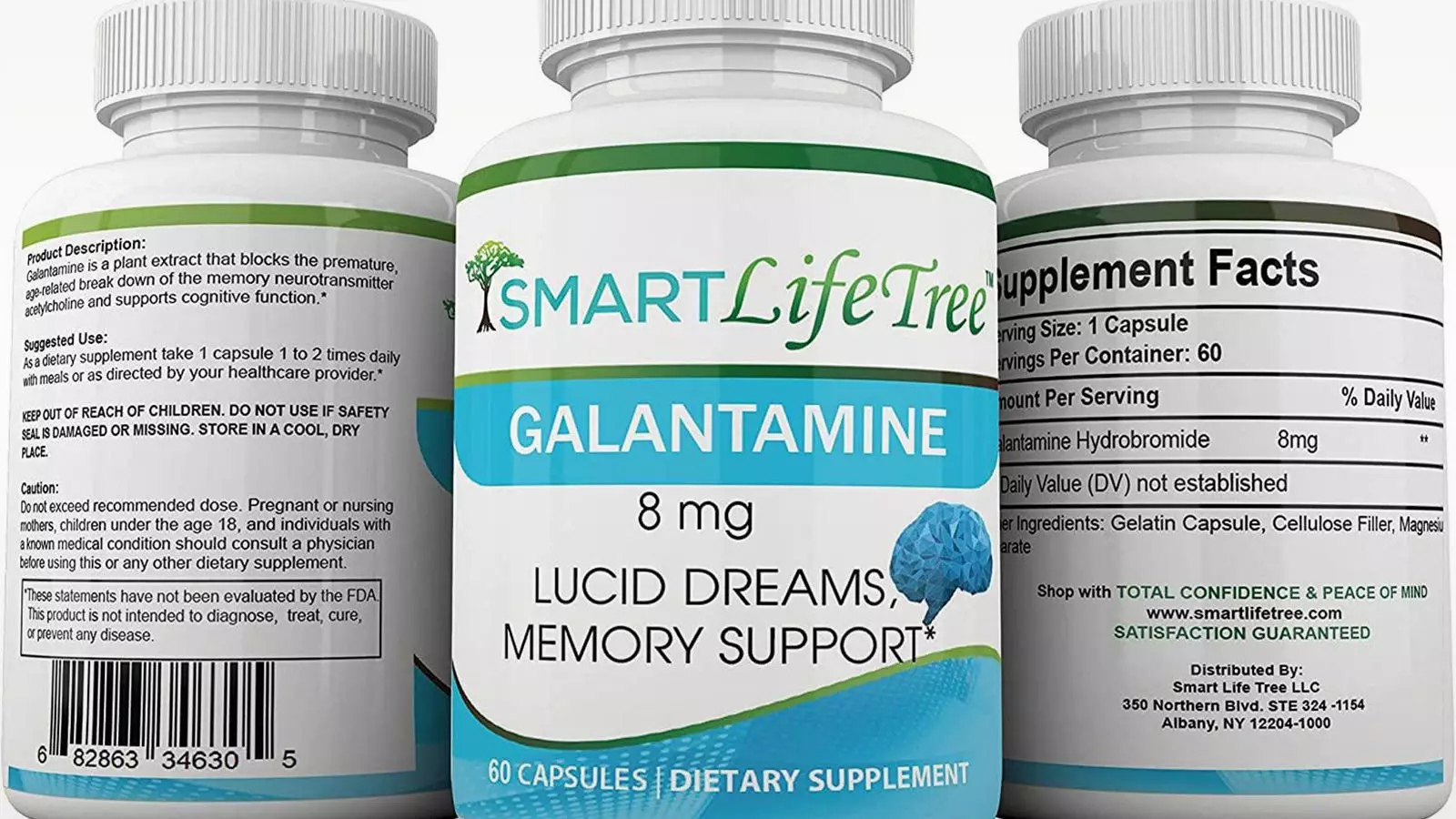A recent analysis conducted by Pieter Cohen, MD, and colleagues revealed a stark difference in the accuracy and contamination levels between galantamine sold as prescription generic drugs and galantamine sold as dietary supplements. The study, published in a JAMA research letter, examined 10 brands of dietary supplements and 11 brands of generic drugs containing galantamine. The results showed that the actual quantity of galantamine in dietary supplements varied significantly, ranging from 2% to 110% of the labeled quantity. On the other hand, the amount of galantamine in generic drugs was much closer to the labeled content, with values ranging from 97.5% to 104.2%.
In addition to the discrepancies in galantamine content, the study also found that three of the dietary supplements were contaminated with Bacillus cereus sensu stricto. This contamination raises concerns about the lack of appropriate quality control during the manufacturing process of these supplements. Cohen emphasized the importance of this finding, stating that the presence of bacterial contamination in these products could lead to adverse health effects if consumed at higher levels.
Galantamine, a plant alkaloid derived from botanical sources such as narcissus and snowdrops, is commonly used to treat Alzheimer’s dementia. It is a cholinesterase inhibitor that has been shown to decrease the risk of severe dementia in patients with mild to moderate Alzheimer’s. While prescription galantamine and generic drugs have demonstrated efficacy in managing dementia symptoms, the study highlights the ineffective and potentially harmful marketing of galantamine supplements for memory improvement, lucid dreaming, and cognitive enhancement.
Cohen and his co-authors purchased all dietary supplements labeled with galantamine from Amazon and generic immediate-release formulations of galantamine from the U.S. market to compare their content and quality. The results showed that generic drugs consistently had accurate labeling and no contamination issues, while dietary supplements had significant discrepancies in galantamine content and were more likely to be contaminated.
The researchers concluded that clinicians should be aware of the inaccuracies and contamination risks associated with galantamine supplements. Patients with Alzheimer’s disease or memory concerns should be advised against using galantamine supplements in favor of prescription or generic drugs. The potential adverse effects and lack of proven efficacy of these supplements underscore the importance of regulating the quality and safety of dietary supplements in the U.S.
Despite the significant findings of this study, the researchers acknowledged several limitations. The study only purchased galantamine supplements and generic drugs at one time point, which may not be representative of products available at other times. Moreover, the generalizability of the results to other substances marketed as both supplements and drugs remains unknown. Cohen raised a critical question about the adequacy of current laws regulating dietary supplements in ensuring the quality of active drugs sold directly to consumers as supplements.
The discrepancies between generic drugs and dietary supplements containing galantamine highlight the need for greater oversight and regulation of the dietary supplement industry. Patients and clinicians alike should be cautious when considering the use of supplements, particularly those marketed for cognitive enhancement, to avoid potential health risks associated with inaccurate labeling and contamination.

Leave a Reply